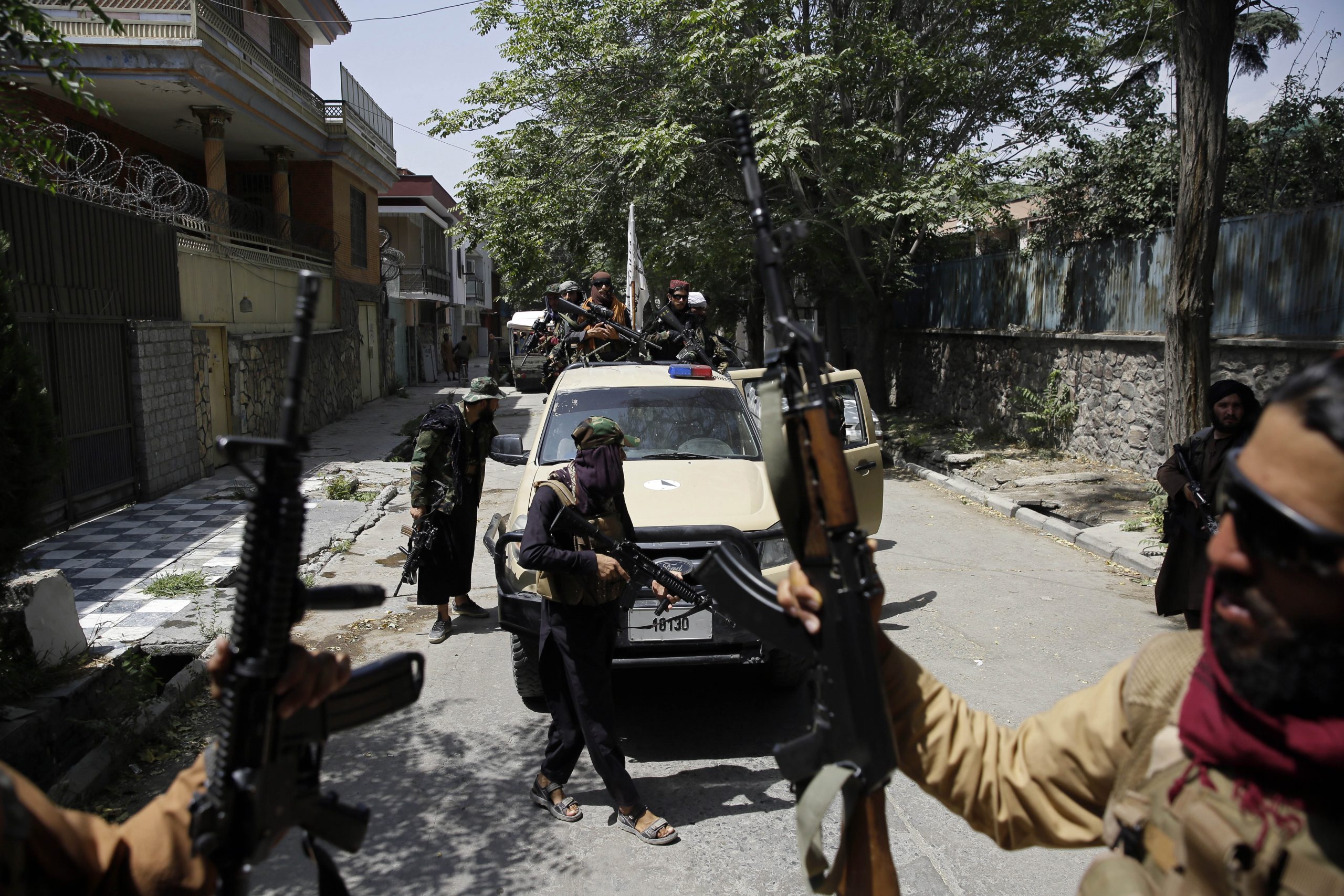The Taliban captured all the major cities in Afghanistan, forced the elected President to flee, and seized power in the country, in a span of 10 days. Taliban are now all set to form the government in Afghanistan. This rapid rise to power has forced the United States to confront the prospect of a resurgent al Qaeda. Al Qaeda is the group that carried out the 9/11 attacks in America. US President Joe Biden’s administration is already dealing with extremists at home and cyberattacks from China and Russia.
A senior director for counterterrorism in the previous organisation said that al Qaeda has an opportunity with the US troops withdrawing and Taliban coming to power in Afghanistan.
“I think al Qaeda has an opportunity, and they’re going to take advantage of that opportunity. This is a galvanizing event for jihadists everywhere,” Chris Costa, who was senior director for counterterrorism in the Trump administration, told the Associated Press.
Also read: With Taliban on the hunt, will biometric data put Afghans in danger?
The ranks of al Qaeda have significantly diminished in the 20 years of war in Afghanistan. Whether the group still has the capacity to pull of an attack of the magnitude of the 9/11 strikes is unclear. In the last two decades since the catastrophic attacks, the US have fortified itself using technology, surveillance and other protective measures.
Also read: US to open 9/11 records to public as scrutiny on Saudi government increases
Pentagon spokesperson John Kirby on Friday acknowledged that the administration still consider al Qaeda a threat. He also announced that al Qaeda was still present in Afghanistan. But he said it was hard to quantify their presence because of reduced intelligence-gathering capability in Afghanistan.
A June report from the UN Security Council said the group’s senior leadership remains present inside Afghanistan, along with hundreds of armed operatives. It noted that the Taliban, who sheltered al Qaeda fighters before the September 11 attacks, “remain close, based on friendship, a history of shared struggle, ideological sympathy and intermarriage.”
(with AP inputs)






